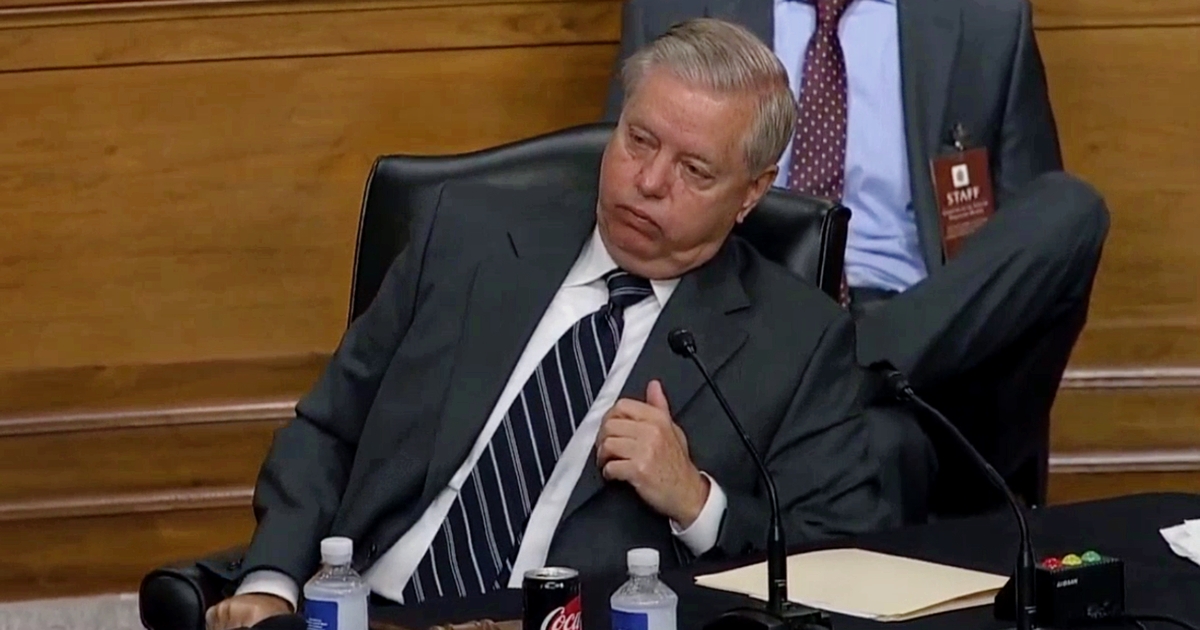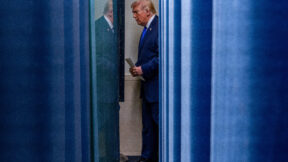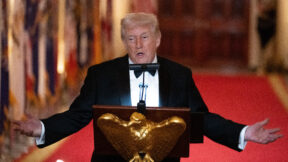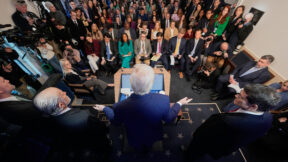Supreme Court Rejects Lindsey Graham’s Bid to Avoid Testifying in Georgia Election Investigation into Trump

The U.S. Supreme Court dealt Sen. Lindsey Graham (R-SC) a blow on Tuesday afternoon by ruling he must testify as part of an investigation into Donald Trump’s post-2020 election activities in Georgia.
Fulton County District Attorney Fani Willis is probing whether the former president violated state law when he tried to overturn the election results in Georgia. After losing by fewer than 12,000 votes there, Trump phoned Secretary of State Brad Raffensperger and pressured him to “find” the number of votes needed to give him more than Joe Biden, who won the state.
Graham also called Raffensperger on at least two occasions in November to discuss the election results.
Willis subpoenaed Graham and is seeking his testimony before a grand jury. Lawyers for the senator have argued in court that he should not have to testify because his activity is protected by the Speech or Debate Clause of the U.S. Constitution. That provision protects legislators from having to testify about their actions in a legislative capacity.
On Tuesday, the Supreme Court ruled that lower court decisions have already ensured that Graham cannot be questioned about his official duties, which the court does not appear to believe covers his interactions with Raffensperger after the election:
The application for stay and an injunction pending appeal presented to Justice Thomas and by him referred to the Court is
denied. The order heretofore entered by Justice Thomas is vacated.The lower courts assumed that the informal investigative fact-finding that Senator Graham assertedly engaged in constitutes legislative activity protected by the Speech or Debate Clause, U. S. Const. Art. I, §6, cl. 1, and they held that Senator Graham may not be questioned about such activities. The lower courts also made clear that Senator Graham may return to the District Court should disputes arise regarding the application of the Speech or Debate Clause immunity to specific questions. Accordingly, a stay or injunction is not necessary to safeguard the Senator’s Speech or Debate Clause immunity.
There were no noted dissents.
New: The Mediaite One-Sheet "Newsletter of Newsletters"
Your daily summary and analysis of what the many, many media newsletters are saying and reporting. Subscribe now!






Comments
↓ Scroll down for comments ↓